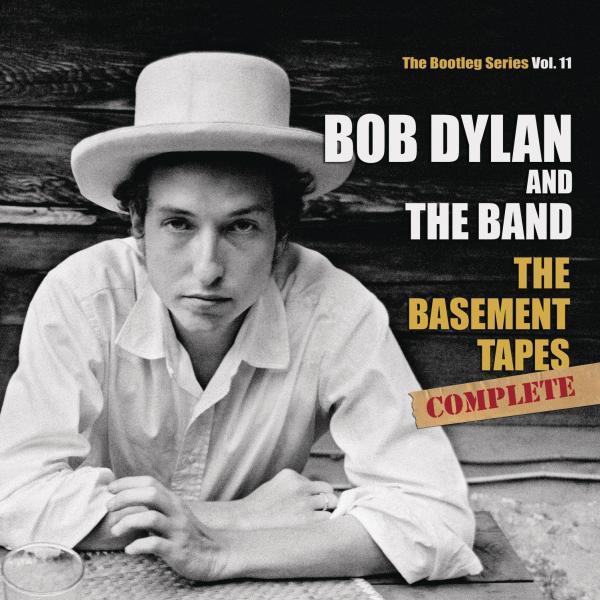


Bob Dylan: The Basement Tapes
Episode 8
Episode date - July 31, 2007
Even in absentia, Dylan’s influence on his audience was palpable. It also raised an array of questions. For instance, Dylan was once lauded by many as a ‘spokesman’ for his generation, and then reviled for turning his back on their expectations.
Fans of his ‘folk’ phase booed him relentlessly when he did not remain fixed under their microscope. Once he removed himself from the insanity that surrounded his every move, these very same people were like Native Americans holding their ears to the ground, listening for any tiny piece of news regarding Dylan’s whereabouts, and his activity. If they hated him so much for his alleged betrayal, why did they care so much about his actions? With the music scene itself changing rapidly, what did this fan base expect? Dylan’s self-imposed exile only increased the mystery of his intentions.
It is also very interesting to note that the controversy surrounding Dylan revolved around two issues – his electrification, and his de-politicization. In his absence, pop music shifted heavily toward electrified rock and roll, especially the psychedelic variety. It also developed a political presence, with a burgeoning youth movement that grew more and more politicized by America’s presence in Vietnam. Between 1964 and 1966, Dylan almost single-handedly opened up these doors, and yet he found himself fending off an endless array of complaints and animosity. It’s no wonder he retreated to the relatively peaceful environs of upstate New York, but it sure must have been weird for Dylan to see pop music effortlessly absorb the very attributes that caused him so much grief.
From the evidence of his own music created during that period, it appears as though Dylan could not care less whether his stylistic inventions had become mainstream. While electrified psychedelia and youthful protest music flooded the charts, Dylan played some the most laid back, relaxed and non-commercial music imaginable, especially by the standards of 1967.
Old ‘traditional’ songs like “See That My Grave is Kept Clean” provided as much inspiration as 1950s pop songs such as “All American Boy” and “See You Later Alligator”. Even contemporary radio hits like Bobby Gentry’s “Ode to Billie Joe” influenced his lyrics. All in all, Dylan’s Basement Tapes make for a fascinating hodgepodge of Americana, but none of this saw official release until 1975. The mix of fascinating recordings and intense curiosity eventually spawned the inevitable, when rock and roll’s first ‘bootleg’ recording, entitled “Great White Way”, became one of the most sought after collectible items of the era.
Here’s a list of material that we cover in this show (all performances by Bob Dylan unless otherwise specified);
Obviously 5 Believers
All American Boy – Bobby Bare
All American Boy
Ode to Billie Joe – Bobby Gentry
Clothes Line Saga
See You Later Allen Ginsberg
Quinn the Eskimo
Million Dollar Bash
Crash on the Levee (Down in the Flood)
Odds and Ends
Nothing Was Delivered
This Wheel’s On Fire
You Ain’t Going Nowhere
I Shall Be Released
Channel 133 - Bob Dylan













